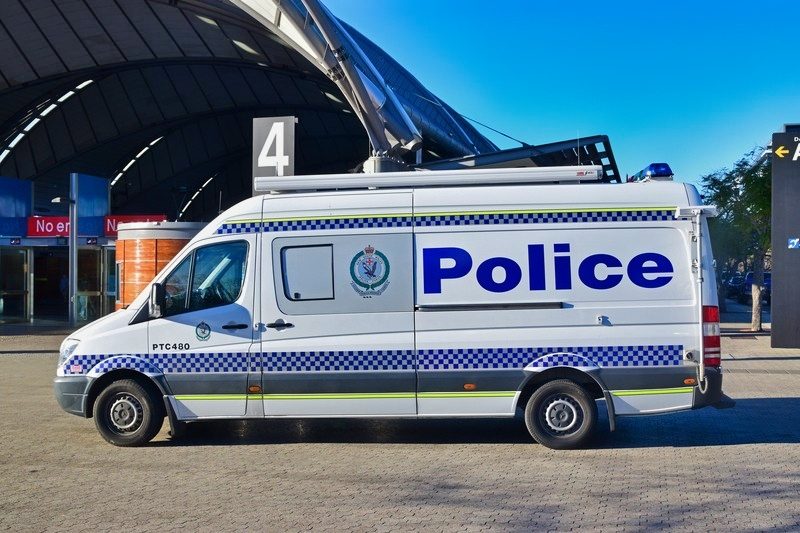Receiving a traffic infringement notice in New South Wales (NSW) can be frustrating, especially if you believe the fine or demerit points were issued unfairly. Understanding your legal rights and the options available to dispute a traffic fine can help you avoid unnecessary penalties. Legal Insight Australia provides guidance to individuals facing traffic infringements, ensuring they make informed decisions before seeking legal representation.
Getting slapped with a traffic ticket in NSW isn’t the end of the road. With the right approach, you can contest that infringement notice effectively. Whether you’re questioning the accuracy of the speed camera, seeking leniency through a Section 10, working to downgrade the offence, or enrolling in a driver education program, knowing your options puts you in the driver’s seat.
At Legal Insight Australia, we provide the roadmap you need to navigate these legal speed bumps without getting lost in expensive legal detours. Don’t just pay that fine automatically—getting early advice could help you avoid demerits, licence suspension, or hefty penalties. Take control of your driving record by understanding the traffic defence strategies available to you.

Our advisors have spent decades enforcing traffic laws. They understand the perspectives of police, prosecutors, and magistrates. This knowledge can be invaluable when preparing your case or deciding how to respond to an infringement.
When facing traffic infringements, understanding the process can make all the difference. We provide clear, straightforward guidance without legal jargon or excessive costs. Our approach focuses on education and practical strategies based on real-world experience.
Contact us today to learn how we can help you achieve the best possible outcome for your traffic matter.